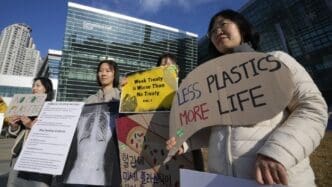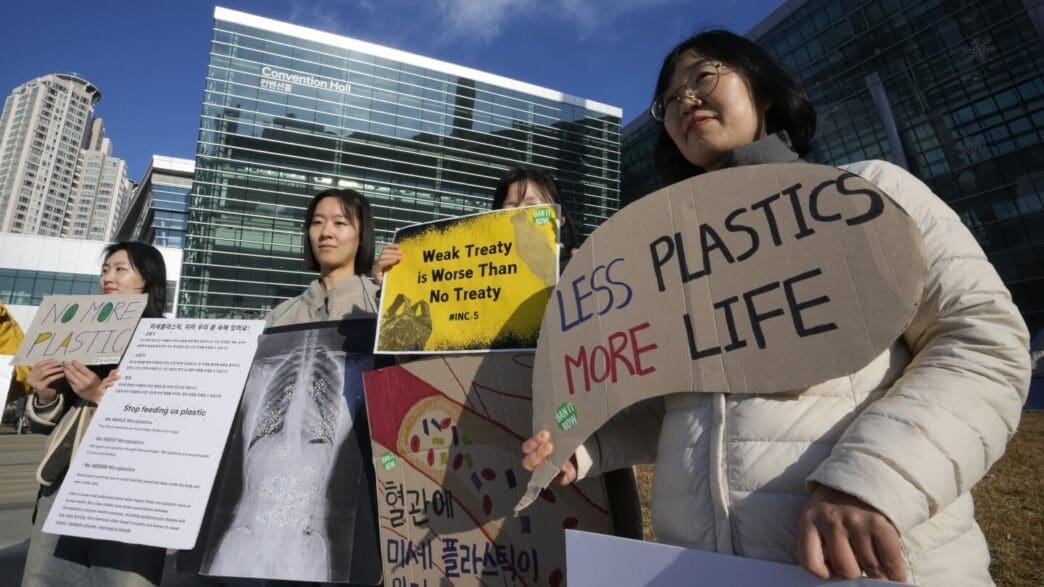Negotiations aimed at forging a global treaty to combat plastic pollution have concluded in Busan, South Korea, without an agreement. This gathering marked the fifth session of the Intergovernmental Negotiating Committee on Plastic Pollution and was expected to be the final round to draft a legally binding treaty by the end of 2024. Despite the progress made, critical disputes remain unresolved.
The session in Busan witnessed a significant turnout, with more than 3,300 participants, including delegates from over 170 countries and representatives from nearly 450 organizations. The resilience of our planet has been tested to its limit, said INC Executive Secretary Jyoti Mathur-Filipp, emphasizing the urgent need to push past current boundaries and meet global expectations for environmental stewardship.
The most divisive point in discussions was whether to impose limits on plastic production. Panama proposed treaty language addressing this issue. Their proposal, initially gaining support from over 100 countries, suggested adopting a global target in future meetings rather than setting immediate numerical limits. This approach aimed to build consensus but was seen as a compromise by some nations and organizations.
According to Juan Carlos Monterrey, Panama’s delegation leader, while a robust treaty may have been delayed, efforts to reach a strong agreement will continue. Ana Rocha from the Global Alliance for Incinerator Alternatives highlighted the unity among countries in fighting for stringent measures against plastic pollution despite current setbacks.
The negotiation process faced criticism for its lack of transparency, as significant portions occurred behind closed doors. The International Indigenous Peoples Forum on Plastics expressed profound disappointment with how Indigenous voices were excluded from shaping the treaty, labeling the process as failing to protect their rights.
Despite the challenges, U.N. Environment Program Executive Director Inger Andersen underscored that the desire for an effective treaty is unanimous, stating that while the session has ended, the issue of plastic pollution remains pervasive. “The world will still be watching,” she remarked, urging continued diligence in addressing the environmental crisis. Fiji’s environment secretary, Sivendra Michael, echoed this sentiment, emphasizing the importance of perseverance in crafting a treaty that serves future generations.
As the world grapples with the ongoing challenge of plastic pollution, the recent talks in Busan illustrate the complexities involved in achieving global consensus. While an agreement was not reached, the commitment to addressing this critical environmental issue remains steadfast, with plans to reconvene next year. It is clear that the journey to a comprehensive treaty is far from over, but the resolve to find a lasting solution endures.
Source: Apnews








